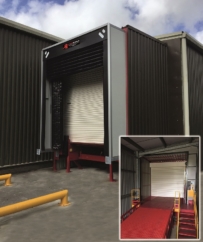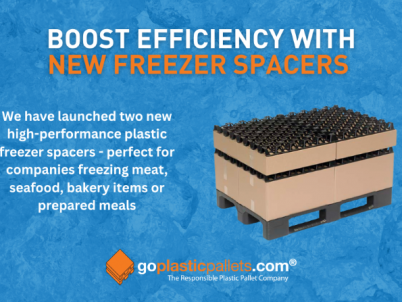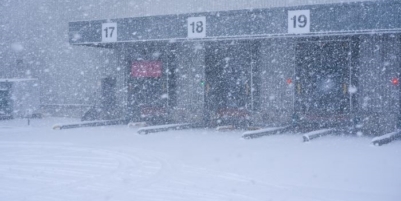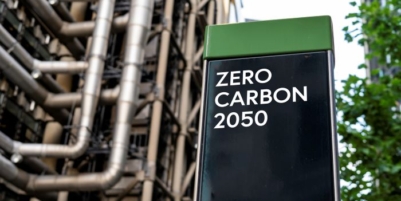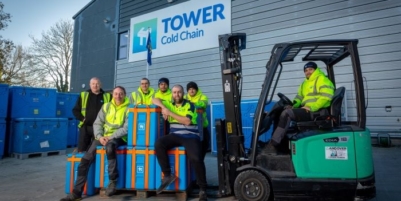-
Nulogy Introduces the Manufacturing Operating System - 2 days ago
-
Bliss Direct scales to 300 daily orders and saves 25 hours per week with Forterro’s Orderwise ERP - February 25, 2026
-
Wootzwork raises $6.6M to bring predictability to offshore manufacturing - February 25, 2026
-
Rite-Hite unveils new range of hydraulic kits to upgrade and extend dock leveller performance - February 19, 2026
-
REWE and Cimcorp automate fresh supply chain for Berlin supermarkets and stores - February 19, 2026
-
NULOGY’S SHOP FLOOR SOFTWARE TO POWER COMPLETE CO-PACKING’SOPERATIONS - February 13, 2026
-
Wallapop and Albatross Sign Strategic Partnership to Bring Real-Time AI Discovery to the Future of Consumer-to-Consumer Commerce - February 12, 2026
-
Thorworld ramp helps Hubergroup to streamline its unloading operation - February 6, 2026
-
A journey from apprentice to fully qualified paint sprayer - February 5, 2026
-
TRACKER INNOVATION FROM QUECLINK TO BOOST STOLEN VEHICLE RECOVERY PERFORMANCE - February 4, 2026
Against the current backdrop of soaring inflation and energy costs, loading and unloading specialists Thorworld Industries is urging distribution businesses to take advantage of potential efficiency savings through changes to their loading operations to help weather a challenging economic climate.
Despite government support in the form of the Energy Bill Relief Scheme, UK businesses are still facing a substantial increase in costs compounded by pre-existing labour shortages and rampant inflation. These factors are driving distribution firms to find efficiencies wherever possible, with improvements to loading operations representing a significant opportunity to do so.
With historically high energy costs, reducing consumption wherever possible is a priority for many businesses. One way to achieve this is ensuring that warehouses and loading areas are as energy efficient as possible through implementing loading dock seals or shelters.
Dock seals or shelters are designed to protect both people and goods from temperature fluctuations during loading and unloading and bring considerable energy savings. Widely used in temperature critical businesses such as food manufacture – standard distribution businesses still stand to reap the benefits of these energy savings.




























